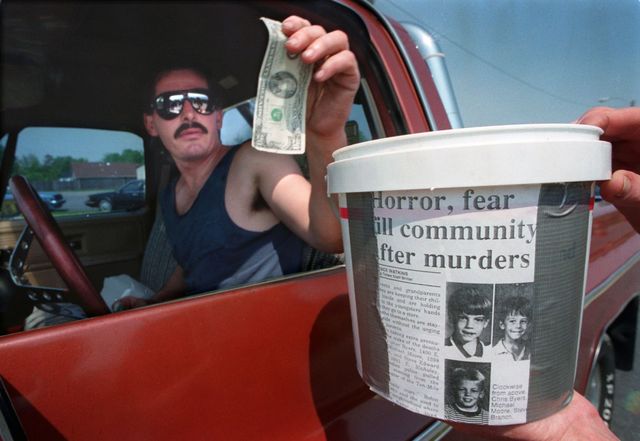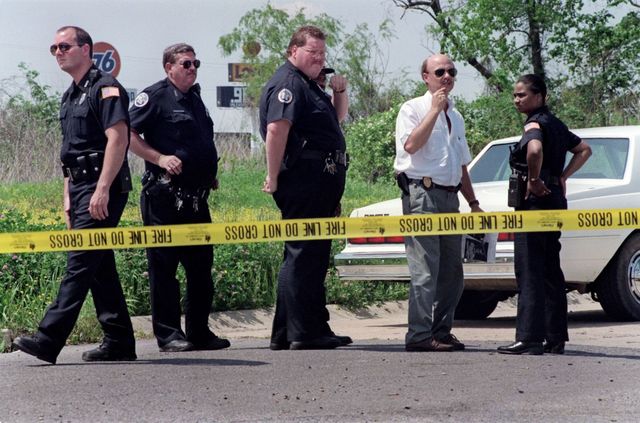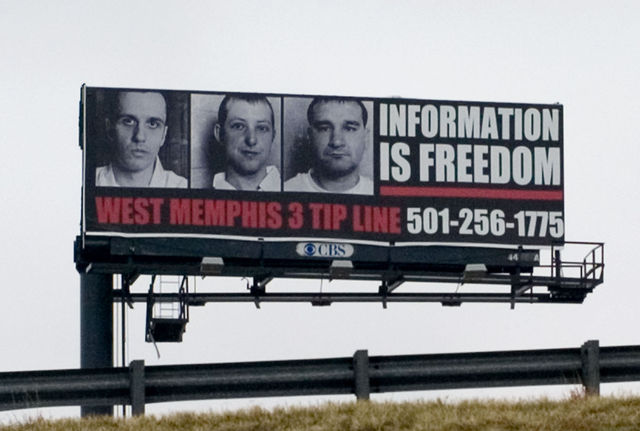Film Review: West Of Memphis Finds More To Explore In Well-Documented Murder Case
Evidence At Hand Says Familiar Documentary Subject Deserves One More Look


“How much for the cool donation bucket?”



